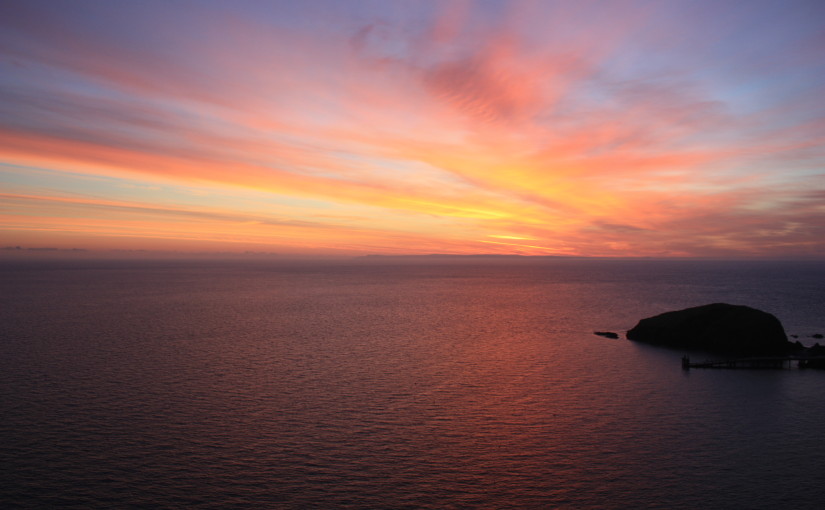Children sometimes ask, ‘Who made God?’ the clearest answer is that God never needed to be made, because he was always there. He exists in a different way from us: we, his creatures, exist in a dependent, derived, finite, fragile way, but our Maker exists in an eternal, self-sustaining, necessary way – necessary, that is, in the sense that God does not have it in him to go out of existence, just as we do not have it in us to live for ever. We necessarily age and die, because it is our present nature to do that; God necessarily continues for ever unchanged, because it is his eternal nature to do that. This is one of many contrasts between creature and Creator.
Have you not known?
Have you not heard?
The LORD is the everlasting God,
the Creator of the ends of the earth.
He does not faint or grow weary;
his understanding is unsearchable. Is. 40:28
He gives power to the faint,
and to him who has no might he increases Is. 40:29
God’s independence is defined as follows: God does not need us or the rest of creation for anything, yet we and the rest of creation can glorify him and bring him [p. 161] joy. This attribute of God is sometimes called his self-existence or his aseity (from the Latin words a se which mean “from himself “).
God’s being is also something totally unique. It is not just that God does not need the creation for anything; God could not need the creation for anything. The difference between the creature and the Creator is an immensely vast difference, for God exists in a fundamentally different order of being. It is not just that we exist and God has always existed; it is also that God necessarily exists in an infinitely better, stronger, more excellent way. The difference between God’s being and ours is more than the difference between the sun and a candle, more than the difference between the ocean and a raindrop, more than the difference between the arctic ice cap and a snowflake, more than the difference between the universe and the room we are sitting in: God’s being is qualitatively different. No limitation or imperfection in creation should be projected onto our thought of God. He is the Creator; all else is creaturely. All else can pass away in an instant; he necessarily exists forever.
In theology, endless mistakes result from supposing that the conditions, bounds, and limits of our own finite existence apply to God. The doctrine of his aseity stands as a bulwark against such mistakes. In our life of faith, we easily impoverish ourselves by embracing an idea of God that is too limited and small, and again the doctrine of God’s aseity stands as a bulwark to stop this happening It is vital for spiritual health to believe that God is great (cf. Ps. 95:1-7), and grasping the truth of his aseity is the first step on the road to doing this.
God does not need us for anything, yet it is the amazing fact of our existence that he chooses to delight in us and to allow us to bring joy to his heart. This is the basis for personal significance in the lives of all God’s people: to be significant to God is to be significant in the most ultimate sense. No greater personal significance can be imagined.
